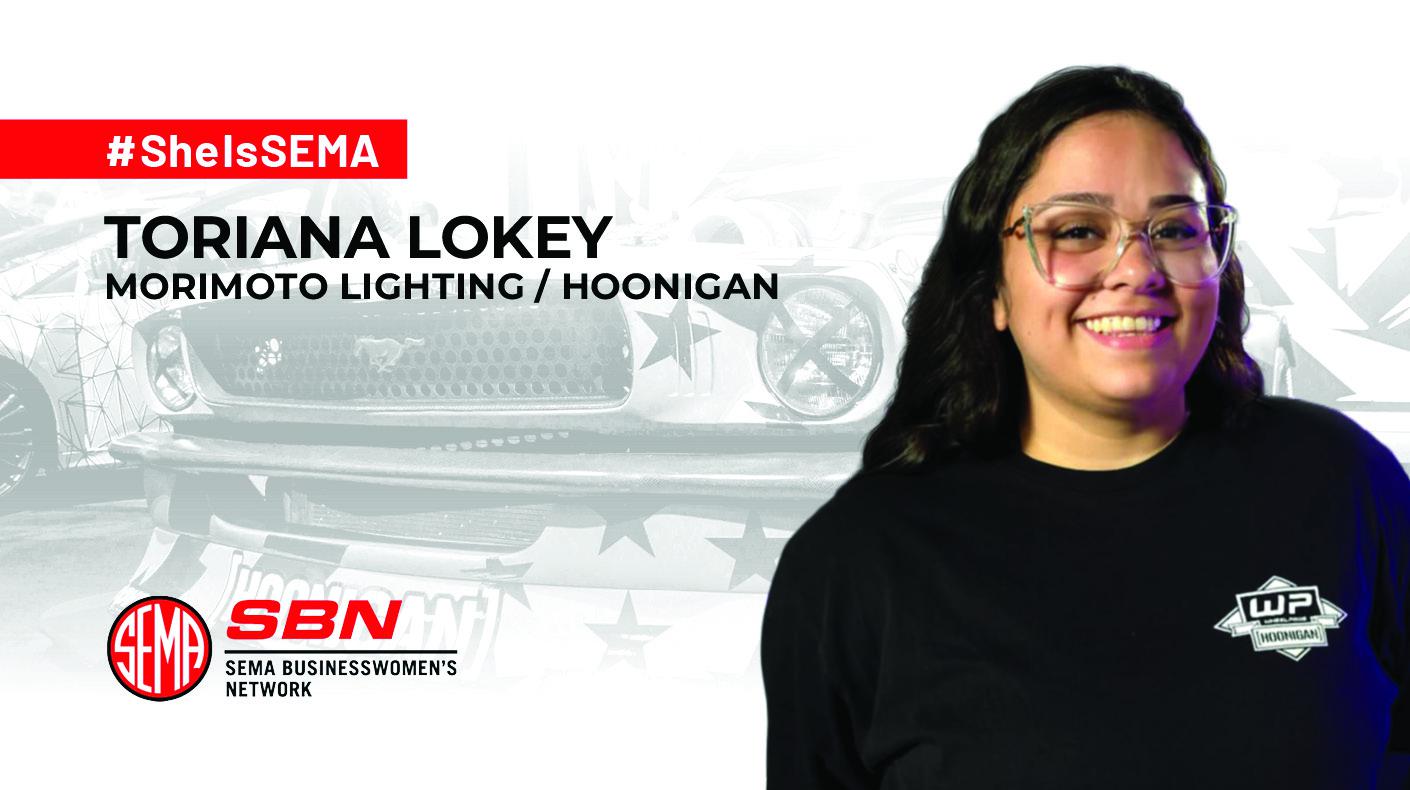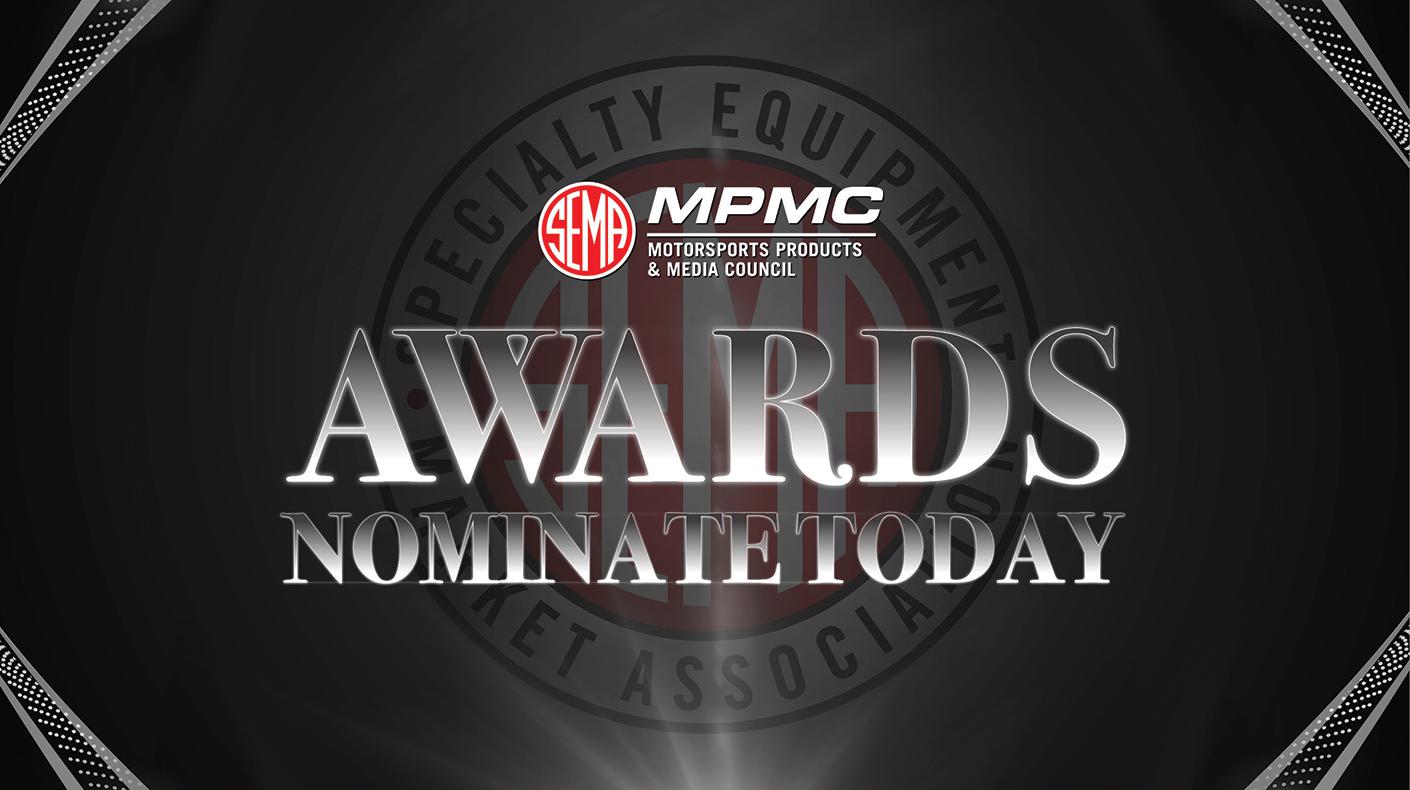 |
|
The federal government finalized new fuel-economy standards for model year 2012–2016 cars and trucks and a national carbon dioxide (CO2) emissions tailpipe standard. The two issues are related since CO2 is released in direct proportion to the amount of carbon-based fuel that is burned.
Under the new rules, the National Highway Traffic Safety Administration (NHTSA) has set Corporate Average Fuel Economy (CAFE) standards for model-year (MY) 2012–2016 vehicles, and the U.S. Environmental Protection Agency (EPA) established corresponding CO2 emissions standards. The combined action would match CO2 emission standards previously adopted by California and 13 other states.
The average CAFE rating will be 35.5 mpg in 2016 based on a combined 39 mpg rating for passenger cars and 30 mpg for light trucks. The EPA’s CO2 emissions standard is 250 grams per mile for vehicles sold in 2016, roughly the equivalent of 35.5 mpg.
The automakers participated in formulating the SEMA-supported rules since it provides a national approach to regulating CO2 emissions rather than a patchwork of state rules.
The NHTSA will use an attribute-based system which sets CAFE standards for individual fleets of vehicles based on size, taking into account the differences between cars and light trucks (SUVs, pickups and vans). Individual car companies will have flexibility on how to achieve the rules, whether placing more emphasis on hybrids or reducing vehicle size and weight. Nevertheless, a standard based on each vehicle’s footprint should force automakers to increase the efficiency of every vehicle rather than downsizing some vehicles in order to offset the sale of bigger cars.
The CAFE standards will also encourage car companies to sell more hybrids, electric cars and advanced gasoline engines. The automakers will likely rely on more fuel-efficient tires, turbochargers, low-friction lubricants, six-speed automatic transmissions and similar technological means to achieve the standards.
For additional information, contact Stuart Gosswein at stuartg@sema.org.





